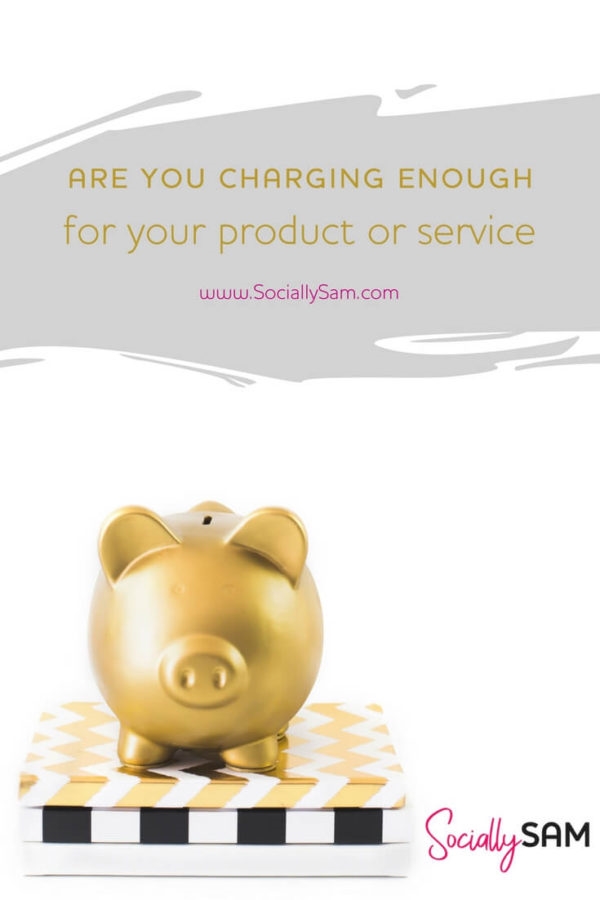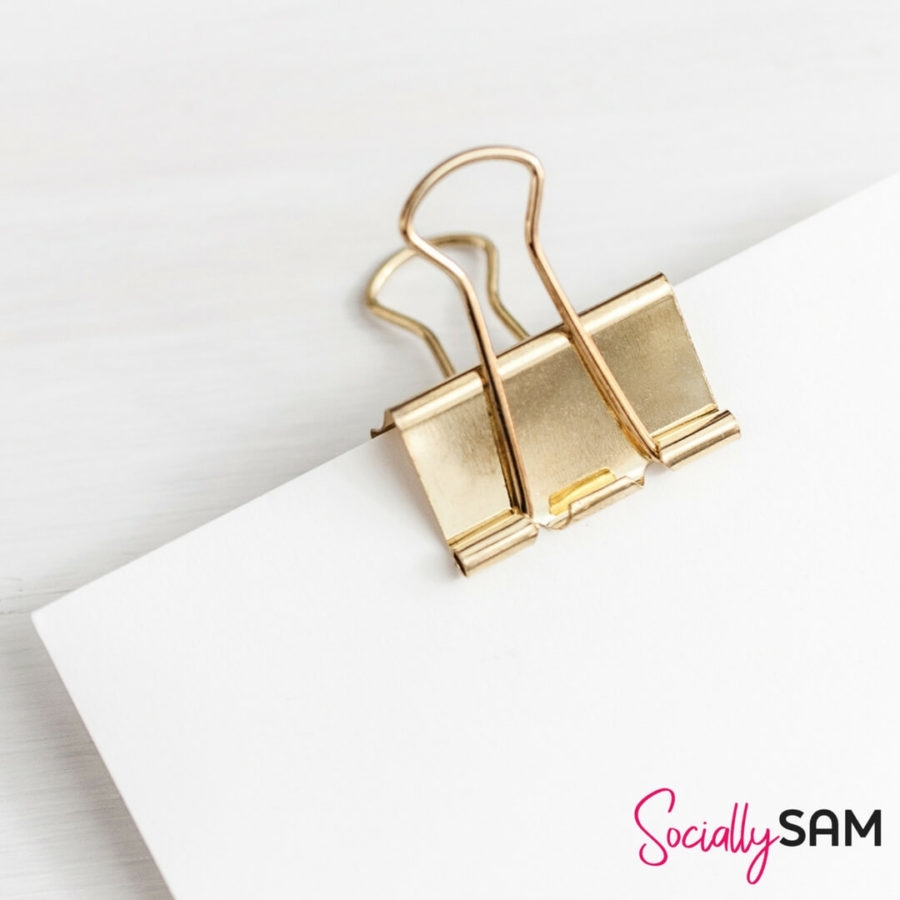— August 30, 2017

It’s quite difficult to decide what to charge, especially when you’re first starting out. If you under charge you run the risk of being overloaded with work and not making enough profit. Overcharge and you might not get any work. If you charge the same as your competitors then you wonder why buyers should choose you. And if you aren’t that unique then why should they buy from you? It’s like a never ending circle of questions and choices.
PROFESSIONAL OR HOBBY

Back in the day, many, many moons ago, when I was a market stall holder and making my own smelly soaps and bath bombs, pricing was always an issue. Take a 100g bar of soap. To the average buyer, it’s just a bar of soap. It smells nice. It might also be a pretty colour or novelty design. Added bonus that it’s handmade. Another bonus that it was handmade by a local. But not many people would ask about the ingredients and what went into making it. The quality of handmade soap, and bath bomb ingredients can vary. A lot! As does the price of such ingredients. Using the nice little extras such as an SLS free base, perhaps a bit of shea butter or aloe vera all added to the production costs.
I used to attend various craft fairs and farmers markets events and it was an endless battle of being undercut. Anyone who has ever dabbled in the craft fair market will know this only too well. If you’re doing things right then your product will be priced accordingly. And then you would have the hobbyist. Not that I’m knocking anyone side hustling because you know how much I love a good side hustle. But still, for something like soap, you need a cosmetics license and insurance to be able to make and sell such items. Many of the hobbyists I encountered didn’t have such things, thus didn’t have the costs either. Often they would forget about tax, NI and paying the electric bill all has to be factored into your pricing. They would sell their products, often similar to mine at £1 cheaper. Naturally, the unsuspecting buyer would always go for the cheaper product.
THE STRUGGLE IS REAL
It’s much the same in my business today. There is always someone willing to do the job cheaper. I see so many adverts for people willing to sell social media management for £50 a month! And there will be a never ending supply of people happy to pay that. Which makes my job harder when I have to tell these people that £50 per month is an unrealistic figure for me to work for. At Socially Famous PR we also have to deal with the willing volunteers that will do it for nothing. Managing a celebrities social media is very different to a business account and requires a different approach. There will always be a super fan or random admin person in the agent’s office who is willing to do the job for free.
As I’ve talked about before, cheap or free is not professional. It’s not what a professional business or public figure should be looking for.

Business costs are real. Overheads don’t go away simply because you drop your price. You may well miss out on some business because you won’t drop your price to below a reasonable profit level. But you’re not a charity. Or at least not for now anyway. You will be if you keep on cutting your prices though!
So with all that in mind I’ve put together a list of 5 things you need to consider when setting your prices. And undercutting your competitors isn’t one of them!
5 TIPS TO ENSURE YOU’RE CHARGING ENOUGH

TIME INVOLVED
In my soap making days I did not sleep in December. Christmas was my pay day and every day was busy. That meant after a full day on the stall it was back home to make more stock for the following day. In retail, having well-stocked shelves in a must. So, every day my stocks needed replenishing. And since it was December I never had a day off. With soap and bath bombs you can’t just throw all the ingredients in and they are ready. They need time to cool and set. Every night this meant making several batches and leaving them to cool over night to then have to be up super early the next day to package them.
If I had factored in my hourly rate for doing this, my bars of soap would have been selling at £10 each. There is no way they would sell for that. No amount of sales patter and pretty packaging would make up for it. So, my time had to take the hit. The craft makers amongst you will understand this pain.

Now, because what I do requires very little in the way of physical stock, then essentially I am charging for my time. For some work, I do charge an hourly rate and for others, it’s a set price. But that set price is made up of a good estimate of the time it will take me to do something. I monitor my time very closely to ensure that I’m not spending too much time on things that have no value to me. And I allow myself a set amount of time to work on the things that will grow my brand, be it this blog or active promotions. They are, hopefully, the pay days of the future.
SKILL INVOLVED

It stands to reason that the longer you do something the better you get at it. My prices now reflect that I am a lot more experienced than when I first started out. There’s also no standard hourly fee regardless of the work. SEO prices tend to be higher than social media management because SEO requires a broader understanding and skill set. Likewise, if a client also wants specific content creation then that is charged higher than standard social media management. Again, it’s all down to the skills required to do the job. I value my skills and know the time and effort that has gone into acquiring them. Therefore my pricing reflects that. If I was to undercharge for my work then that would be under valuing my own experience and skills.
When people tell me they can do it better or cheaper themselves, I just tell them to go ahead. Chances are they can’t and won’t.
TAXES
Such a dreaded word. But sure enough, taxes are a burden we all have to carry. And so does your customer. Don’t drop your price to incorporate your tax. Add it on. Once you’ve accounted for tax, national insurance and maybe even VAT that’s a fair chunk of your profits gone. Not only that there are your insurance costs too. Your insurance should always be covered in your costs. After all, it’s your customer who is most likely to sue you!
Whilst I’ve just mentioned VAT there is one point that many miss. In the UK and Ireland, we have VAT turnover thresholds that you can hit before you have to register for VAT. You can voluntarily do this before you are anywhere near the threshold. Whether you do this will probably depend on how much VAT you could potentially be claiming back off your purchases if your sales aren’t that high. Best to speak to an accountant on that one. But one VAT you can’t dodge is the VAT MOSS payable within the EU for the sale of digital goods. This is not voluntary. It’s mandatory and even if you only sell a £1 ebook to someone in France, you have to pay. Sorry. I know it sucks.

There are plenty of shopping cart plugins that can do all the calculations for you and make sure that your customer is paying the correct rate. Don’t leave it to chance and don’t absorb the cost.
BANK AND CARD FEES
Have you ever been in a shop and seen the sign where they say there is a minimum spend for card payments or they add a 50p charge? That’s because it can be quite expensive to process card payments when you are just a small business. Similarly, PayPal has different charges for different things if you are using them for online transactions. Keep an eye on the small print.
Likewise, banks love to lure you in with their free banking periods when you first start but after the initial 12 months, you’ll soon realise how banks are making their money. When you can be charged for just depositing money into your account it’s worth keeping an eye on ways you can keep these costs down.

These are just another forgotten costs that many small business owners forget about so make sure you are incorporating them. You don’t want a surprise bill for bank or card fees taking away your hard-earned profits.
COVERING ALL THE COSTS

It’s the little things we tend to forget. Do you work from home? Are you factoring in your home offices fair share of the gas and electric? Or even the council tax? You can claim business rates against your home office if that is all you specifically use that room for. For many though it’s not really a suitable option and the council will want to come out and inspect your premises.
If you use your car for your business are you taking all the costs into account? Or are you offsetting the depreciation at year end if you own the car outright and it’s a business asset? It’s not just the fuel you put in. What about the oil? The headlight bulbs? The valeting? It all mounts up.
Computers can be costly little items when you add in all the software, apps, subscription services. Are you accounting for them all?
It’s important that you know every single cost for running your business and keep track of them. Not just for accounting purposes but for pricing. When you do a costing exercise like this you may find there are many things you’ve been absorbing rather than adding on to your price.
And don’t forget inflation is real not just a news headline. Keep an eye on your costs as the years go by. I’ve noticed the past year that the cost of many of the subscription services I use have gone up quite a lot. This is due to the poor exchange rates we now have to suffer in the UK. Granted we don’t have a crystal ball so we don’t know what the future holds, but as Brexit looms, I suspect these rates will change a lot. Keep an eye on anything you pay in dollars or euros.
WHAT DID I MISS? HAVE YOU BEEN CHARGING ENOUGH?
What hidden costs have you found in the running of your business? What have you suddenly realised you haven’t incorporated into your pricing structure? Let me know in the comments below.
Business & Finance Articles on Business 2 Community
(103)






